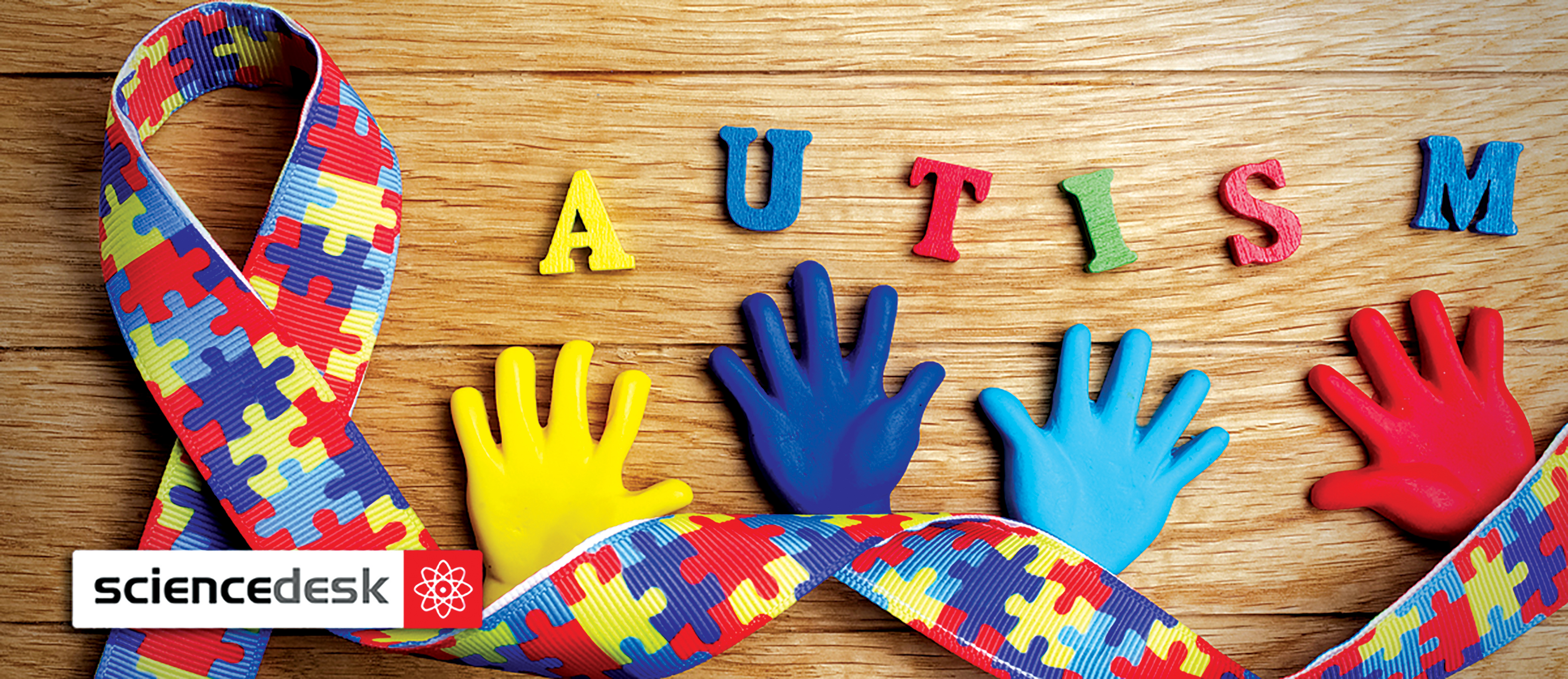
Born to educated parents in Mississippi, five-year-old Donald Triplett was described by his psychiatrist and physician Leo Kanner in this way: “Even at an early time he was happiest when left alone, almost never cried to go to his mother…even failed to pay the slightest attention to Santa Claus in his full regalia…In his second year he developed a mania for spinning blocks and pans and other round objects. When interfered with he had temper tantrums, during which he was destructive…words to him had a literal, inflexible meaning”. Donald Triplett was the first person diagnosed with autism.
Autism Spectrum Disorders (ASDs) consist of a range of psychiatric disorders which are developmental in origin, classified as neurodevelopmental disorders (NDDs). These include Autism, Rett Syndrome, Asperger’s Syndrome and Pervasive Developmental Disorders as seen in the description of Donald Triplett’s behaviour. ASDs are characterised by three major features: social interaction deficits, deficits in communication, and repetitive/stereotypical behaviour.
The ways in which children with ASD can learn, think and solve problems can range from highly skilled (savants) to severely and debilitatingly challenged. Some may be capable of living quite independently while others may require significant help and support with their day-to-day activities.
A study in 2018 for ASD prevalence in India estimated that one in eight children suffer from at least one type of NDD (US prevalence: one in six). These include speech and language disorders, intellectual disabilities, cerebral palsy, autism, etc. One in 100 children has ASD (US prevalence: one in 59). The authors of the study themselves say that these numbers are at best an under-representation of the true burden of the disease in Indian population, highlighting it as a significant public health challenge.
Our understanding of ASDs has also evolved over the decades. From calling it “toxic mother syndrome” and blaming the disorder on lack of maternal care, we now know that ASD emerges from a complex set of interactions between genes and environment. Genetic or chromosomal mutations are associated with 2-4% of ASDs and most of these genes are involved in the development of the brain. The environmental risk factors associated with ASD include:
Chemicals: These include heavy metals like arsenic, lead, mercury; pesticides; polyaromatic hydrocarbons (found in coal, tar, tobacco smoke).
Drugs: Exposure of the mother to certain drugs during pregnancy like anti-epileptics, thalidomide, etc.
Dietary factors: For example, low levels of folate and Vitamin D in the mother during pregnancy and in the newborn.
Infections in the mother during pregnancy.
Several of these environmental risk factors can be addressed by improving maternal and newborn care and child nutrition and by investment in public health.
As part of Mental Health Awareness Month, I and fellow scientists working in the field of autism and spectrum disorders want to understand the questions and concerns that parents and caregivers of children with autism or associated spectrum disorders have about these conditions, including causes, mechanism, and treatment. The collated questions along with our answers based on the current state of scientific research will be published on the Newslaundry website.
For now, we are focusing on questions and concerns from parents and caregivers in India that can be sent either as a direct message to my Twitter handle or on my Facebook page, or emailed to swethakameshwari@gmail.com. Questions will be collected till June 6.
www.newslaundry.com
Experts say stress, lifestyle habits and underlying medical conditions are driving ED in men under…
National Green Tribunal fined the Delhi Pollution Control Committee Rs 50,000 for over a year’s…
Delhi Zoo will receive a tiger, gharials, wolves and owls from Patna, while sending a…
Veteran actor Anil Kapoor reflects on four decades in cinema with gratitude as he takes…
Indian Youth Congress president held as police tighten security and invoke conspiracy and unlawful assembly…
Police said the Rajasthan native, undergoing depression treatment, jumped in front of a train at…